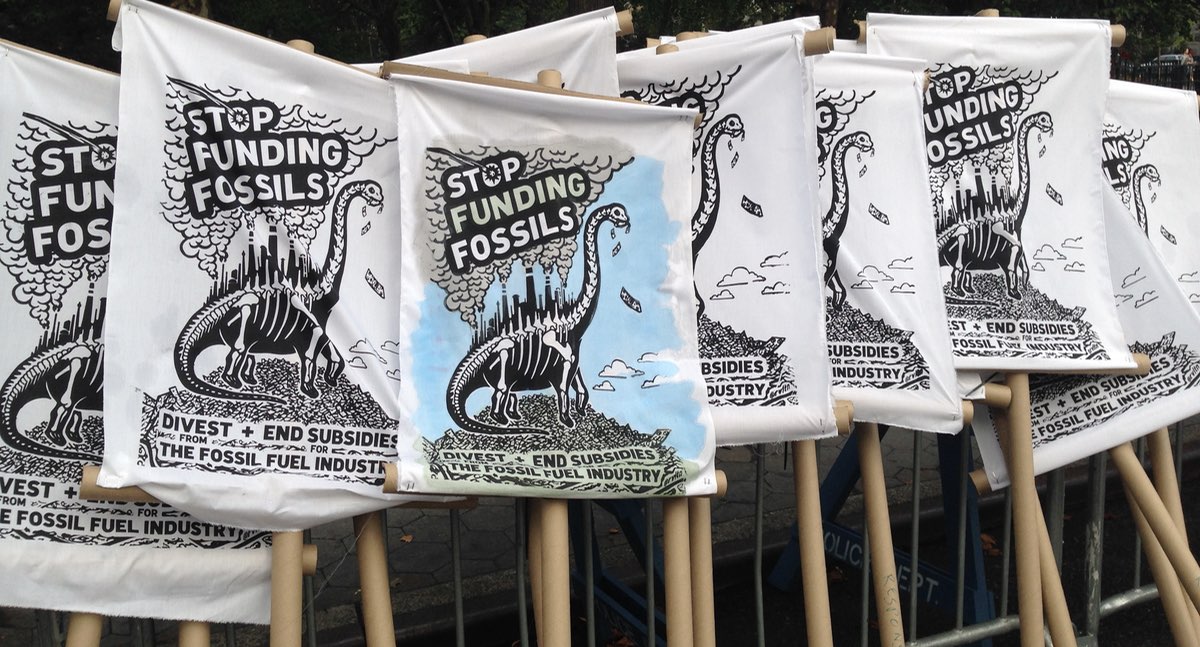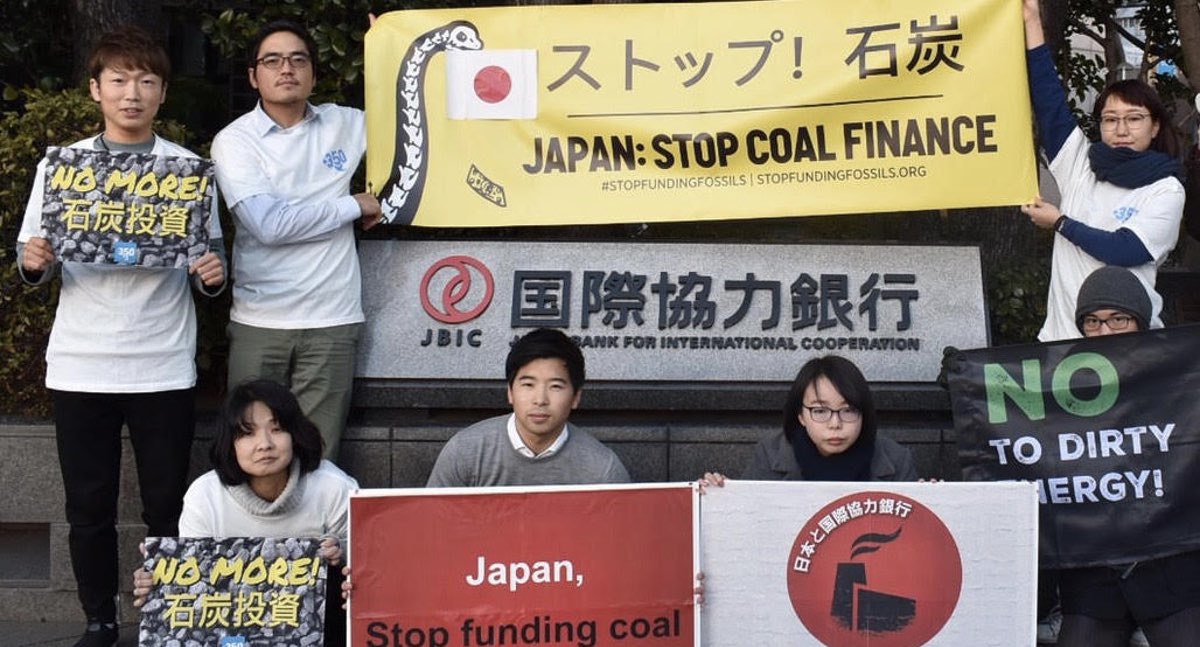STOP FUNDING FOSSILS
Our Stop Funding Fossils program uses critical analysis and strategic organizing to end the vast quantities of government support flowing to the fossil fuel industry and accelerate the clean energy transition.
Public finance and subsidies for fossil fuels play a key role in driving oil, gas, and coal production. Climate leadership means not wasting another cent of public money on the industries that are causing the problem.
OVERVIEW OF WORK
Our research shows that G20 governments spend $444 billion per year propping up oil, gas, and coal production, while the G20’s taxpayer-backed public finance institutions provide nearly 4 times more public finance to fossil fuels than to clean, renewable energy.
These massive subsidies play a key role in expanding oil and gas production and locking in existing fossil fuels: recent analysis finds that half of the new oil fields being drilled in the US would have remained undrilled if not for substantial subsidies; at the same time, public finance for fossil fuels de-risks capital-intensive megaprojects, like massive coal plants in Southeast Asia, few of which would proceed without government backing. And as oil, gas, and coal producers face increasing competition from renewable energy, instead of simply reducing fossil fuel production, they exert their political influence to get more handouts to keep extracting.
Instead of spending scarce public resources on the fossil fuel industry, our work challenges public institutions to scale up their support for distributed renewable energy solutions that can deliver energy access quickly and at least cost in many developing countries: today, support for these solutions makes up only a tiny fraction of all public finance for energy.
We know from the work of our Energy Transitions and Futures program that already-producing oilfields, gasfields, and coal mines hold enough carbon to take the world well beyond 1.5°C of warming and up to 2°C. This means that governments who’ve signed up to the Paris Agreement (that’s nearly everybody) shouldn’t spend another cent of public money on fossil fuels if they take their commitment seriously. We call on them to stop funding fossils.
LATEST PROGRAM POSTS
A statement released June 1 by the US Government Accountability Office (the "investigative" arm of Congress), finds that "the US federal government receives one of the lowest government takes [from oil and gas development] in the world."
The testimony, delivered to Congress on May 1 but only publicly released last Friday, indicates that while there are trade-offs between increasing the royalty rates paid by oil companies and attracting investment, raising rates on future federal oil and gas leases would likely increase the government's revenue from these projects.
A coalition of about 30 U.S. development and environmental NGOs called on President Bush today to stop standing in the way of a landmark deal on climate change at the upcoming G8 Summit in Heiligendamm, Germany.
The coalition, which includes Oil Change International, Friends of the Earth U.S., Oxfam America, the Sierra Club, Action Aid USA and many others, argued that U.S. intransigence is an obstacle to international efforts to avoid dangerous climate change and a threat to global efforts to fight poverty.
British Member of Parliament, Michael Meacher, has introduced an “early day motion” that calls on the British aid agency, the Department for International Development, to stop subsidizing oil companies through development agencies like the World Bank.
Other Members of Parliament are invited to endorse the motion, which will stay open until November. A similar motion last year attracted the support of more than 137 MPs.
The motion, which was pioneered with the support of the UK network Plan B, reads:
The Government Accountability Project (GAP) is accusing beleaguered World Bank President Paul Wolfowitz of trying to weaken references to climate change in the World Bank's Clean Energy and Investment Framework.
GAP has released an internal summary of a February 2006 World Bank meeting on the Framework.
The summary includes the following passage: “Feedback from the President’s office subsequent to the meeting asked the team to refocus the paper shifting from a climate lens mainly to a clean energy lens.” This development comes on the heels of accusations from the World Bank's Chief Scientist, Bob Watson, that Wolfowitz's handpicked Managing Director, Juan Jose
LATEST PROGRAM RESEARCH
U.S. single biggest violator of CETP pledge, approving the most fossil fuel projects of any signatory for a total of almost USD $2.3 billion.
"Today’s announcement from the Netherlands, United Kingdom, Canada and many of their peers is a disappointment. At a time when we need rich country leaders to concretely expand their past ambition to secure a fair deal, these ministers are just regurgitating promises and initiatives that are now more than a decade old and have been so ineffective that fossil fuel handouts and profits continue to reach record levels."
Australia has joined a major international initiative to end international public finance for fossil fuels at an event held at the UK Government Pavilion today at COP28. Australia follows Norway, who also joined the initiative on Saturday.



